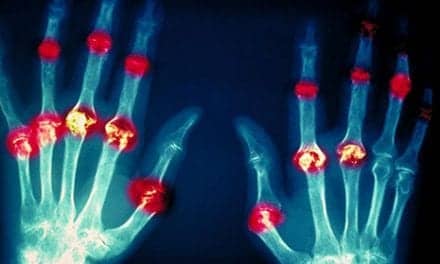Rather than boosting empathy or understanding, disability simulations tend to result in feelings of fear, apprehension, and pity toward those with disabilities, a psychology professor suggests.
Michelle Nario-Redmond, PhD, professor of psychology at Hiram College, recently conducted a study testing the effects of disability simulations among participants.
Redmond’s aim with her study, published recently in Rehabilitation Psychology, was to boost empathy among the participants by giving them a taste of what it was like to have a disability.
However, according to a release from Hiram College, the results seemed to have a negative effect in that rather than feeling empathy, the participants felt scared, apprehensive, and pitiful toward people with disabilities.
More specifically, the release explains, mimicking the effects of a disability for only a few minutes fails to account for the diverse coping mechanisms and innovative techniques persons with disabilities develop in long-term situations. Thus, momentarily experiencing the challenges a disability may create could cause participants to underestimate the true capabilities of persons with disabilities.
Instead, Nario-Redmond advises, “For those who are curious about disability issues, take the time to visit with real people [with disabilities] and lots of them. Get to know their diverse interests and accessibility concerns and ask how you can be an ally for disability rights.”
Future research should focus more on issues related to environmental accessibility rather than encouraging people to imagine themselves with a new disability, Nario-Redmond adds in the release.
[Source(s): Hiram College, Science Daily]




